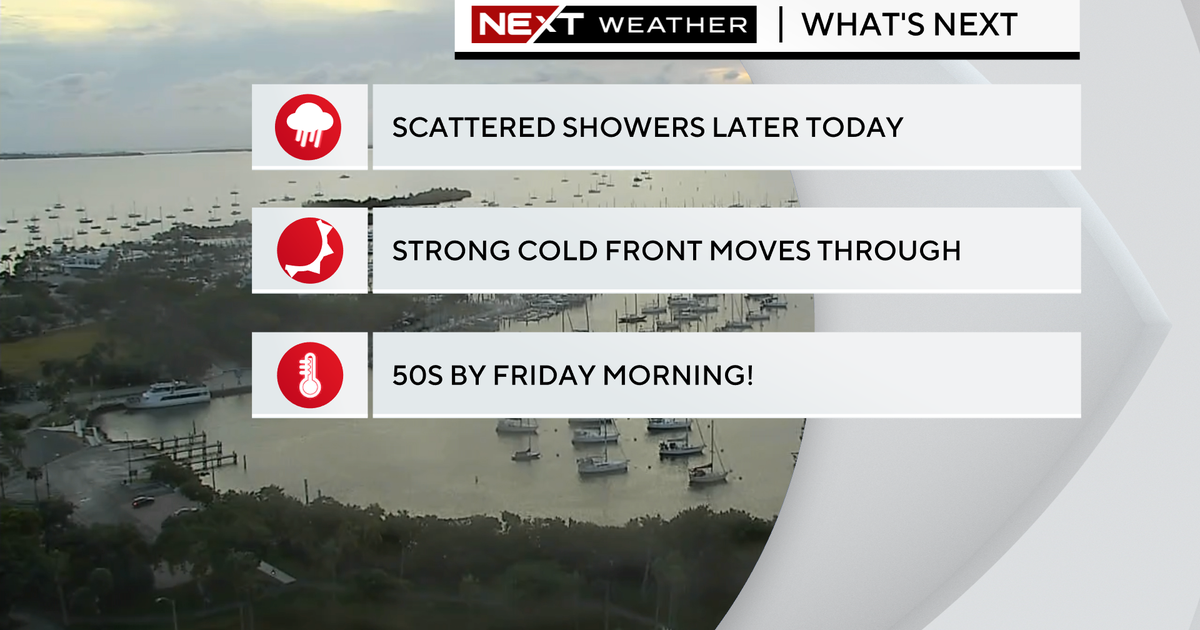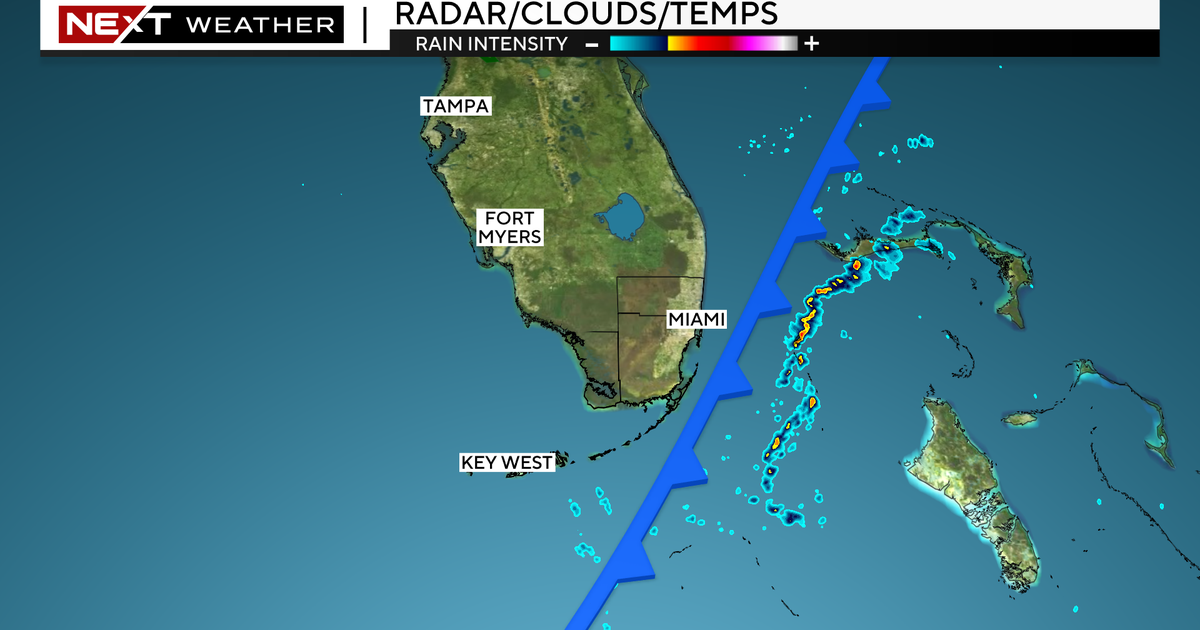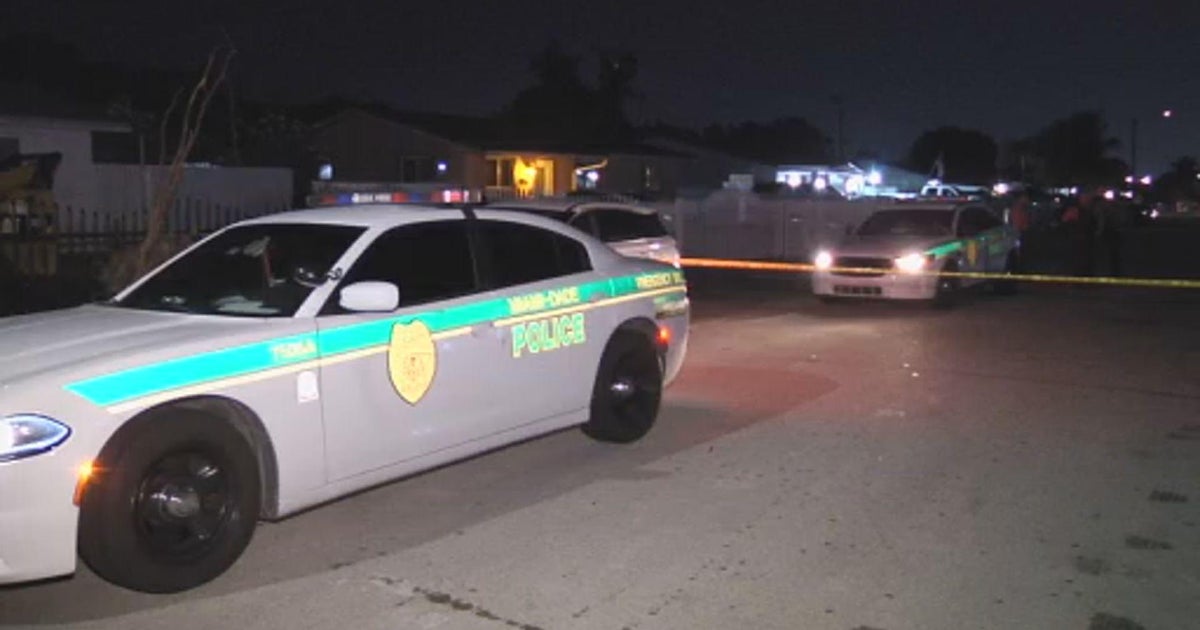Tesla owners run into battery charging trouble in Chicago's bitter cold
EVERGREEN PARK, Ill. (CBS) -- Some Tesla drivers learned the hard way about how cold weather affects battery life.
Teslas lined up early Monday morning at a charging station at The Evergreen Marketplace, at 9200 S. Western Ave. in Evergreen Park. Some Tesla batteries died in Chicago's sub-zero temperatures, leaving the cars askew and immobile in the parking lot.
Driver said some charging stations weren't working, and those working took much longer than usual to charge.
"I've been here for over five hours at this point, and I still have not gotten to charge my car," said Tesla driver Brandon Welbourne. "A charge that should take 45 minutes is taking two hours."
Welbourne said he saw at least ten cars towed.
Tesla advises owners to keep the charge level above 20 percent during bitter cold weather.
The company's support website said it's normal to see energy consumption increase because the Teslas use more energy to heat the battery and cabin.
"We have made several updates to improve your driving experience in freezing temperatures, including better overall thermal performance, quicker Supercharging, and improved cabin conditioning," the company said.
Electric vehicles, or EVs, are known for losing efficiency in cold weather, an issue that Consumer Reports investigated last year due to concerns about significant variations in how different electric cars held up in cold weather. At the same time, the federal government is dangling a $7,500 federal tax credit, a financial carrot that helped boost EV sales to a record 1.2 million vehicles last year.
"EVs definitely lose some of their driving range in extreme cold," Scott Case, co-founder and CEO of Recurrent, a battery research firm, told CBS MoneyWatch.
The issue is similar to what can occur with other battery-operated devices in the cold.
"If you go skiing with your iPhone, you might notice that the battery will burn through more quickly, so halfway through the day, it might run out of juice, where normally it would last all day," Case noted.



